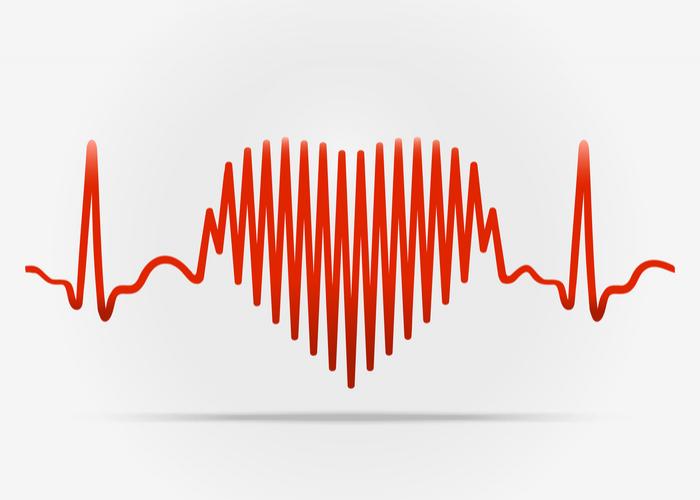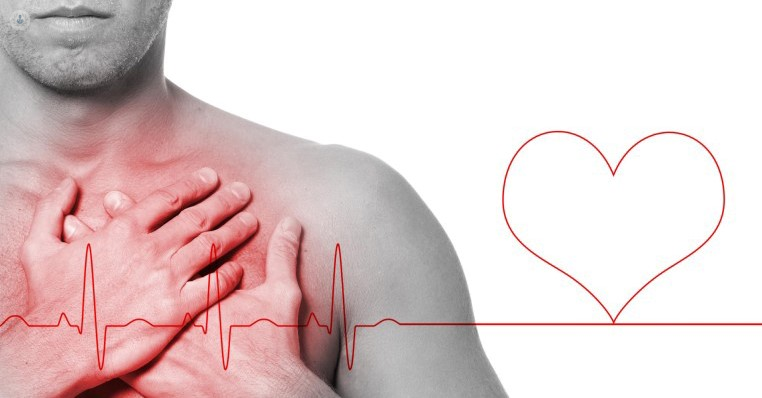

However, it can be a problem when it happens often, lasts too long, won’t go down while at rest, or causes symptoms such as shortness of breath, dizziness or chest pain.Ī faster than usual heartbeat accompanied by worrisome symptoms, can indicate an underlying health problem such as cardiovascular disease, dehydration, anaemia, electrolyte imbalance, or hyperthyroidism. Most causes of a rapid heartbeat are not dangerous. My heart rate won’t go down – should I be worried? Patients who experience frequent skipped heartbeats or irregular heartbeats- should also undergo further tests. Hormonal changes, especially during pregnancy, is also a common cause of tachycardia.Īn abnormal heart rhythm may also be dangerous, even if the heart rate is within the normal range. These symptoms can be felt in your chest, throat or neck. Tachycardia may be a reaction to the processes or chemicals in the body, such as stressful emotions, exercises, certain drugs, caffeine, alcohol and nicotine. While it may cause worry, experiencing tachycardia may be temporary. If it starts above the ventricles, it is called supraventricular tachycardia. If it begins in the ventricles (the lower chamber of the heart), it is called ventricular tachycardia. Their classification is based on their cause and the part of the heart they affect. There are many different types of tachycardia. Bradycardia is generally defined as having a resting heart rate that's less than 60 beats per minute. Conversely, when your heart rate is too slow, it's called bradycardia. When your heart beats too quickly, it is a condition called tachycardia. A fast heart rate is defined as a heart rate with over 100 beats per minute. Your activities and overall health will influence your heart rate, such as how it may rise when you exercise, and how it may slow down when you’re at rest.įor adults, a normal resting heart rate is about 60 – 100 beats per minute. Your heart rate is the number of times your heart beats in one minute, and it differs from person to person. But, in some cases, it can be due to an underlying health condition. In some instances, you may notice skipped or fluttering heartbeats.įortunately, it is usually nothing to worry about. You may feel your heart is pumping faster or harder than usual. But you may need treatment in hospital if you keep having long episodes.Is something wrong with my heart? That may be your first thought when you notice your heart beating quickly. Treating supraventricular tachycardia (SVT) in hospital Your doctor may also be able to recommend some simple techniques to help stop episodes when they happen. cutting down on the amount of caffeine or alcohol you drink.You can make changes to your lifestyle to reduce your chances of having episodes, such as: If your episodes of SVT only last a few minutes and do not bother you, you may not need treatment. Things you can do to help with supraventricular tachycardia (SVT) You need to go to hospital for treatment immediately. you have sudden shortness of breath with chest pain.you have been diagnosed with SVT and your episode has lasted longer than 30 minutes.You may get no other symptoms, but sometimes people also: can happen at any age, but often starts for the first time in children and young adults – many people have their first symptoms between 25 and 40.can be triggered by tiredness, caffeine, alcohol or drugs – but often there's no obvious trigger.can happen several times a day or once a year – it varies.

usually lasts for a few minutes, but can sometimes last for several hours.Having SVT means your heart suddenly beats faster. Symptoms of supraventricular tachycardia (SVT) This can happen when you're resting or doing exercise. But with SVT your heart rate suddenly goes above 100bpm. It can then slow down abruptly.Ī normal resting heart rate is 60 to 100 beats per minute (bpm). This causes your heart to suddenly beat much faster. SVT happens when the electrical system that controls your heart rhythm is not working properly. Causes of supraventricular tachycardia (SVT) It's not usually serious, but some people may need treatment. Supraventricular tachycardia (SVT) is a condition where your heart suddenly beats much faster than normal.


 0 kommentar(er)
0 kommentar(er)
